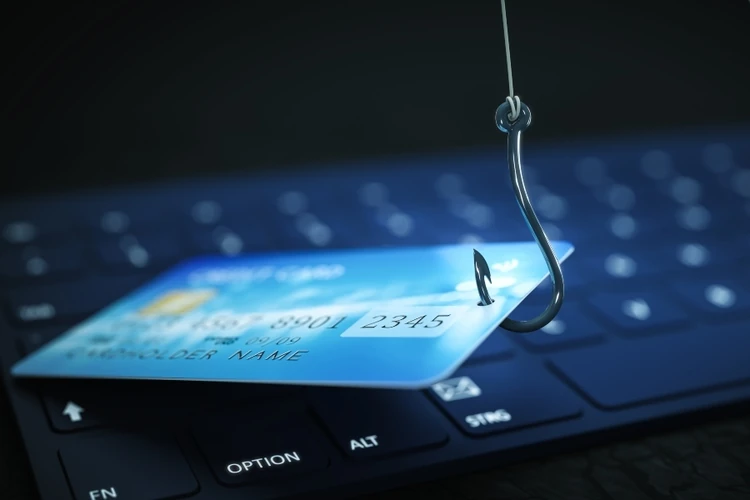Consumers are using their credit cards less during the pandemic, but scammers are using stolen credit cards a lot more.
Fidelity National Information Services (FIS), a fraud-monitoring firm, reports that attempted fraudulent transactions rose 35 percent in April, and that trend apparently spilled over into May. The Wall Street Journal reports that the spike in fraud attempts is posing hardships for consumers as well as lenders.
While banks’ security systems have been robust enough to catch most of the fraud attempts, consumers are on their own and have become more frequent targets of attempts to steal credit card data and personal identifying information (PII) to fuel the ongoing crime spree.
Don’t click on links
The Identity Theft Resource Center (ITRC) has seen an increase in fraud attempts directed at consumers. It’s advising consumers that telephone calls, emails, and social media posts asking consumers to verify PII are all ruses that scammers are employing during the pandemic.
Emails that promise help with navigating through coronavirus (COVID-19) challenges are almost universally fraudulent.
“Under no circumstances should consumers click on any links or open any attachments from unanticipated emails or texts,” ITRC advises. “COVID-19 scams via phishing emails are going around right now attacking both businesses and consumers.”
The Department of Homeland Security has warned consumers to remain vigilant and be skeptical of unsolicited contacts that appear to come from a trusted source. It recently suggested consumers follow these guidelines to stay out of trouble.
Avoid clicking on links in unsolicited emails and be wary of email attachments.
Use trusted sources—such as legitimate, government websites—for up-to-date, fact-based information about COVID-19.
Do not reveal personal or financial information in an email, and do not respond to email solicitations for this information.
Verify a charity’s authenticity before making donations. Review the Federal Trade Commission’s page on Charity Scams for more information.
Review CISA Insights on Risk Management for COVID-19 for more information.
Changes in consumer behavior could slow crime
FIS surveyed more than 1,000 consumers and discovered changes in the way they are banking and paying for things during the pandemic shutdown. The results show an acceleration in the digital transformation of banking and commerce.
These adjustments, the authors conclude, likely will not be temporary but rather mark a new normal in consumer behavior in a post-COVID-19 marketplace.
Capital One said that trend may be helpful in reining in credit card and other forms of financial fraud. The bank has recently begun a program to help seniors get more comfortable with online banking, which it says is more advanced and secure than ever.
